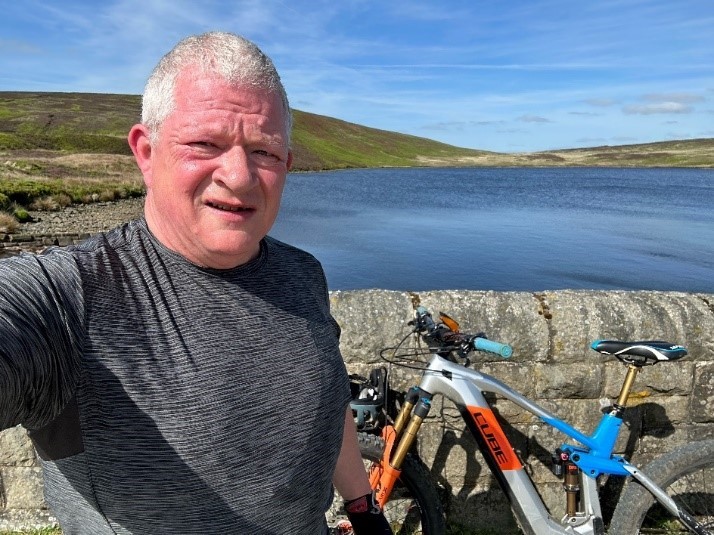Posted on: 2 February 2024
In November 2023 the NHS introduced a groundbreaking initiative called T2DAY: Type 2 Diabetes in the Young, providing specialised care for people aged 18 to 39 with early onset type 2 diabetes in West Yorkshire. This programme offers extra one-to-one reviews alongside annual diabetic check-ups, offering new medicines and treatments to better manage diabetes.
7,500 people in West Yorkshire have early onset type 2 diabetes. Early onset type 2 diabetes in the 18-39 age group is more aggressive and prevalent in poorer areas off West Yorkshire, with health conditions arising such as heart attacks, strokes, and kidney damage.
NHS West Yorkshire Integrated Care Board (ICB) T2DAY Programme offers support for blood sugar control, weight management, and guidance on reducing blood pressure and cholesterol levels.
Working across Bradford District and Craven, Calderdale, Kirklees, Leeds and Wakefield District, the programme provides person-centred care, including mental health support, peer support and physical activity.
Karen Kennedy, Deputy Director, National Diabetes Programme at NHS England said:
“It’s so important that people aged 18-39 years old with type 2 diabetes go to their GP for their additional review when contacted. The programme has the potential to benefit those who may become pregnant - having support to manage blood glucose levels and prepare for pregnancy greatly reduces the risk of any complications, supporting healthy parents and healthy babies”
“I’m proud to be part of a fantastic team who have looked at the evidence and secured national funding for the T2DAY: Type 2 Diabetes in the Young initiative. As someone born and bred in Huddersfield, it is wonderful to see the energy and enthusiasm that West Yorkshire ICB have put into implementing the T2DAY initiative, which we expect will have tangible benefits on health outcomes for local people.”
Hannah Beba, Consultant Pharmacist for the West Yorkshire Health and Care Partnership Diabetes Programme said:
“Being young and living with type 2 can bring some challenges. We know that people who develop type 2 at younger ages have a higher risk of getting complications and it is important that where possible we try to address this sooner rather than later on in life where the risks are even greater. This is why GP practices across West Yorkshire are offering tailored reviews for young people between 18-39 years of age.”
“I am also delighted to share that, as of February, across West Yorkshire we will also be providing a one-to-one in-person NHS Type 2 Diabetes Path to Remission (T2DR) programme. This new 12-month programme aims to help people, including those with young onset type 2 diabetes, diagnosed in the last six years achieve remission. Supporting people to live a full and healthy life is a priority for us all.”
Simon Bull from Calderdale completed the T2DR programme and  continues to maintain his weight loss, though healthier lifestyle choices with long-term benefits. He said “I weighed 19 stone when I started the total diet replacement programme. In the first 12 weeks, I lost almost 4 stone and kept that weight off for the remaining nine months of the programme. It was not the easiest thing in the world. I went to a barbecue in the middle of the programme and I couldn’t eat the food that was there. But I did it. I feel a lot better in myself.”
continues to maintain his weight loss, though healthier lifestyle choices with long-term benefits. He said “I weighed 19 stone when I started the total diet replacement programme. In the first 12 weeks, I lost almost 4 stone and kept that weight off for the remaining nine months of the programme. It was not the easiest thing in the world. I went to a barbecue in the middle of the programme and I couldn’t eat the food that was there. But I did it. I feel a lot better in myself.”
“What I liked most about were the people I connected with. I liked the live chats during the programme on my phone. We shared tips including how to try different ways to make food more tasty but low in calories.”
People with type 2 diabetes, especially those between 18-39 are urged to come forward and speak with their GP practice team about the benefits of the T2DAY programme and the NHS Type 2 Path to Remission programme.
The ICB is committed to delivering the T2DAY program until March 2025. For more information, contact wyicb-wak.

